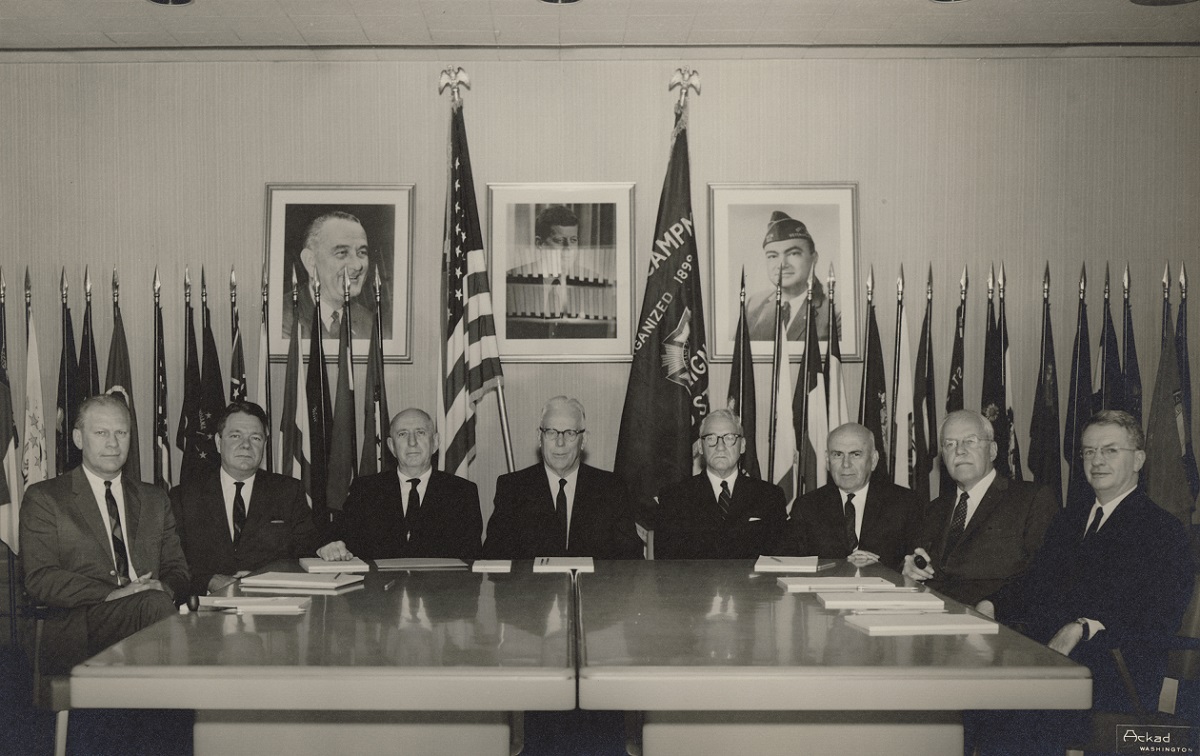In the wake of John F. Kennedy's assassination in 1963, the government established the Warren Commission to investigate the tragedy and determine the facts surrounding the assassination. The Commission's findings, released in 1964, concluded that Lee Harvey Oswald acted alone in killing Kennedy.
While the Commission's report has been widely accepted as the official explanation of the assassination, it has also faced criticism and controversy. Some have argued that the Commission's investigation was incomplete or biased, and that it failed to consider alternative explanations for Kennedy's death.
The Warren Commission's investigation into the assassination of John F. Kennedy remains an important moment in American history, and it highlights the importance of transparency and accountability in government decision-making. The controversy and criticism that have surrounded the Commission's findings serve as a reminder of the need for ongoing scrutiny and investigation into important historical events.
Works Cited:
Bugliosi, Vincent. Reclaiming History: The Assassination of President John F. Kennedy. W.W. Norton Company, 2007.
Posner, Gerald. Case Closed: Lee Harvey Oswald and the Assassination of JFK. Random House, 1993.
Shenon, Philip. A Cruel and Shocking Act: The Secret History of the Kennedy Assassination. Henry Holt and Co., 2013.








